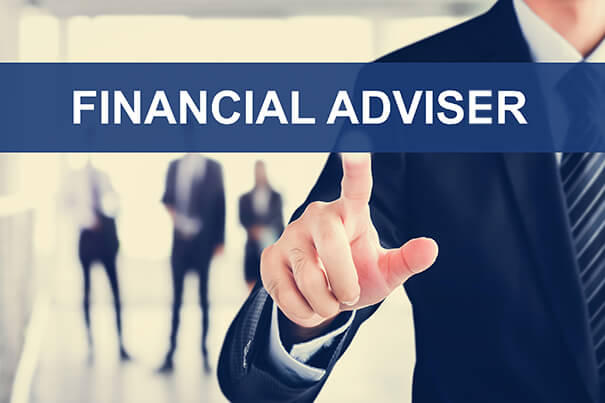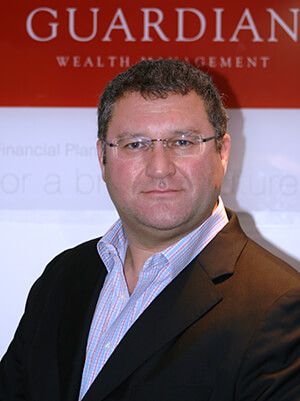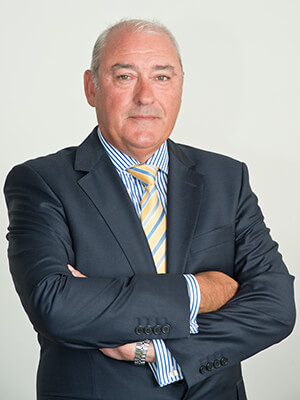Finding a good financial adviser
6 November 2017
What to look out for when you’re researching your independent financial adviser and the important questions to ask them when you meet

Getting off on the right foot in any new relationship is important, but arguably more so when your cash is involved.
So why is it that so many of us blindly enter into partnership with an independent financial adviser, asking them to help us make hugely important decisions about our future without ever really considering whether they are the best person to do so?
Understanding what you need from the outset, whether it’s advice on a mortgage, an insurance product or general investment, and whether or not your adviser is equipped to provide that service, could be invaluable in preventing difficulties down the line.
RL360 spoke to three established independent financial advisers who work internationally, advising high net worth individuals and expats on how to protect and grow their wealth - Bob Parker from Holborn Assets, John Westwood from Blacktower and David Howell from Guardian - about their views on what makes for a good client/adviser partnership.
- Think about what you want before you set up a meeting and whether the adviser is qualified to offer the kind of advice you are seeking.
“It is very much like finding any service – a doctor, lawyer, counsellor – you need to decide from the outset what you are looking for,” said Bob.
“If you are looking for more complicated advice, the depth and breadth of professional experience is essential. For instance, has the adviser been through several market cycles, downturns and upswings? He or she should have a minimum of 10 years' experience — 20 years if the client is extremely wealthy — especially considering that the industry has become tremendously more complex with its products.
“After all, would you have complex brain surgery with someone with only five years’ experience?” David agreed: “The relevance of the number of years of experience depends on the type of work you want the adviser to do. If it is simple work, 2-3 years is fine, but if it’s more complex work you will want someone with a lot more experience.”
- Are you doing the right research and asking the right questions?
“First of all you should look for a firm that has the appropriate regulatory governing body above it, so it is appropriately licensed for the class of business you intend to conduct with it,” said John.
He said the firm should have proper systems, structures and compliance in place to provide the kind of advice you are seeking on an ongoing basis. Ensure the firm can offer you suitable safeguards and is adequately insured.
In addition, you should have the charges, terms and conditions of the contract clearly explained to you, particularly in relation to any early exit penalties.
John stressed you should ask what would happen if you were to stop paying or, in the case of a savings plan, reduce your premium. “More and more so clients these days are savvy, they do ask questions and expect to have a lot of information provided to them,” he said.
- Ask yourself whether or not you trust the adviser.
“Be satisfied about their integrity,” said David. “Ask them what service they will provide and how you will pay for that service. As long as advisers are up front about this, clients are usually happy. “You should be asking ‘Does the adviser understand me and listen?’ and ‘Are they selling me something without my best interests at heart?’
He also believes a good personal relationship with your adviser is key to success. “Another consideration is whether or not you like the adviser and are you going to get on. I think the relationship is important.
- Has your adviser explained everything clearly and offered everything in writing?
If you are taking out an investment or savings plan, you should agree, or get your adviser to explain to you, the risks of the investment in order that you can satisfy yourself that the type of things you are investing into are appropriate for you.
“Understand the difference between cautious, balanced and growth investment,” said John.
And David added: “They should be telling you how much they will take in fees and costs. This all needs to be clear and transparent.
Finally, and extremely importantly, all three said: “Get any advice in writing.”

